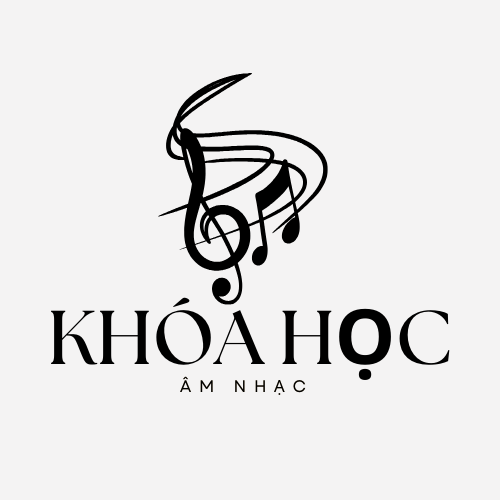The travel industry in 2025 stands at a turning point of progress and stewardship. As global tourism surges to pre-pandemic levels, travelers and industry stakeholders alike are maneuvering a landscape transformed by sustainability imperatives, digital innovations, and evolving traveler demands.
## Eco-Friendly and Eco-Conscious Travel
The necessity for sustainability has become a foundation of modern travel. By 2025, the tourism sector is projected to generate 6.5 billion metric tons of climate pollutants, necessitating immediate measures. Destinations like Costa Rica and Bhutan are spearheading this charge, with the latter maintaining its status as the world’s only carbon-negative country through rigorous tourism limits.
Revitalizing tourism models, such as New Zealand’s Māori-led eco-tours, are acquiring momentum. These projects reflect a broader shift: 73% of travelers now prefer brands with strong environmental policies.
## Personalization and Personalized Adventures
High-end exploration in 2025 is synonymous with extreme customization. Sophisticated tourists seek transformative journeys customized to their unique interests. Providers like LuxGroup emphasize “conscientious indulgence,” blending pampering with cultural immersion.
Machine learning is revolutionizing trip planning, enabling dynamic itineraries that adjust to immediate interests. This trend corresponds to findings that 64% of luxury travelers prefer bespoke packages over standardized options.
## Combating Overtourism Through Ingenuity
Overtourism remains a critical challenge, prompting travelers to seek “substitute spots” and shoulder-season visits. Cities like Ljubljana are reducing congestion through vehicle-restricted areas and pedal transportation systems.
Authorities are taking action; Amsterdam and Majorca have enacted guest ceilings and etiquette standards to protect local ecosystems.
## Technology’s Role in Seamless Exploration
AI’s influence reaches beyond personalization into process optimization. Virtual assistants handle 24/7 customer inquiries, while data projections optimize flight schedules and hotel pricing. Digital simulations previews allow travelers to “trial” destinations before booking.
Apps like Seven Corners simplify trip management, offering live information on weather, crowds, and transportation delays. Cryptographic recordkeeping enhances clarity in carbon offset programs.
## Longer Stays and Traditional Engagement
The era of rushed itineraries is waning. Affluent visitors are typically taking two-week stays to strengthen cultural connections. Families are increasingly embracing “work trips,” merging remote work with lengthy residencies.
## Event-Driven Travel and Novel Experiences
“Event hopping” has surged, with fans traveling worldwide for major events. Astrotourism—exemplified by constellation viewing in Chile’s Atacama Desert—reflects growing interest in astronomical events.
## Health and Unplugged Retreats
Wellness tourism is evolving beyond wellness centers to encompass comprehensive wellness. Tech-free escapes combine meditation with farm-fresh meals, aligning with a 95% increase in demand for health-oriented itineraries.
## Financial Approaches and Value-Conscious Travel
Travelers are leveraging membership benefits and packaged deals to optimize savings. Financial perks are being carefully utilized for upgrades, reflecting a shift toward “smart luxury”.
## Summary
The travel landscape of 2025 is defined by its dual nature: a yearning for exploration tempered by principled stewardship. As destinations balance progress with protection, stakeholders can ensure tourism remains a bridge—not a barrier—to a more connected and conscientious world.
